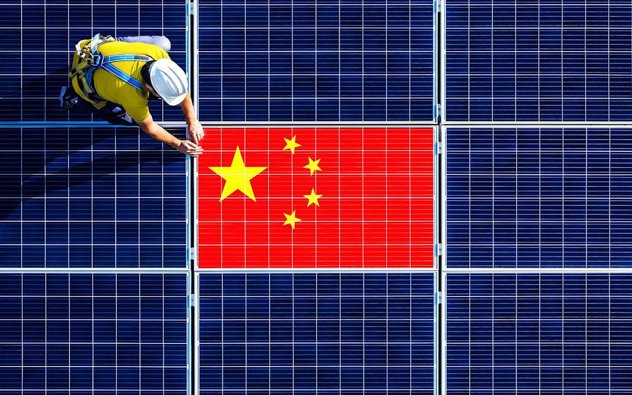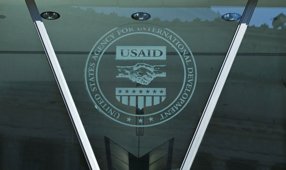
Lawmakers Warn of Solar Inverter Security Threat
Chinese-made solar inverters with hidden components raise alarms over U.S. power grid security and foreign interference.
Chinese Components Linked to Potential Grid Vulnerability
U.S. lawmakers are raising alarms over newly discovered communication devices embedded in imported Chinese solar inverters, warning that such components could compromise the integrity of the nation’s power infrastructure. The inverters, crucial in converting energy from solar panels to grid-compatible electricity, have become a flashpoint in broader national security debates.
State Sen. Doug Steinhardt of New Jersey, a Republican and former GOP state chair, voiced urgent concerns following reports that certain inverters contained unauthorized communication hardware. “The recent discovery of rogue communication devices underscores a chilling reality: our critical infrastructure is vulnerable, and New Jersey’s leadership is asleep at the wheel,” he said.
Steinhardt introduced three bills in the New Jersey state legislature aimed at curbing foreign influence over energy networks. One of the proposals would bar the state from engaging with companies owned by or affiliated with governments deemed adversarial. Another mirrors a policy enacted in Florida to block foreign land ownership near sensitive sites, following similar incidents involving land purchases linked to the Chinese government.
Inverters, which link renewable energy sources such as solar and wind installations to the electrical grid, are typically equipped with protective firewalls. However, recent findings indicate some imported models included undocumented communication modules. These components could potentially allow remote access or data transmission, raising the possibility of surveillance or sabotage.
Bipartisan Push to Secure Strategic Infrastructure
National security concerns have prompted broader legislative efforts. Senators Maggie Hassan (D-N.H.) and Rick Scott (R-Fla.) introduced the Decoupling from Foreign Adversarial Battery Dependence Act. The bipartisan bill would prohibit the U.S. government from procuring batteries from countries considered foreign adversaries. “Our national security should not require reliance on components made by adversaries like China,” Hassan said.
Scott, who also reintroduced the Protect American Power Infrastructure Act, emphasized the urgency of removing Chinese influence from domestic systems. “Communist China is an adversary, led by a ruthless, authoritarian regime that wants to undermine our national security, spy on our citizens, steal our technology, and destroy our economy,” he said. “We cannot allow this regime to have access to the very systems and resources families and businesses depend on.”
The push to strengthen infrastructure protections comes amid rising tensions between the U.S. and China, particularly over technology and trade. Lawmakers across party lines are increasingly scrutinizing components used in critical systems, from energy to communication networks.
In New Jersey, Steinhardt urged immediate action, stating, “We cannot afford to let our energy systems, our food supply, or any strategic assets fall into the hands of those who wish us harm – the time to act is now.”
Officials have requested input from state and federal agencies, including the Department of Energy, as they weigh further regulatory or enforcement responses. No public statements have yet been issued by New Jersey Governor Phil Murphy or federal energy officials.






